Peace and conflict
More about:

The UN’s International Women’s Year generated enthusiasm for women’s peace work
The organisation Women’s International League for Peace and Freedom was a driving force for the recognition of women’s role in peacebuilding.
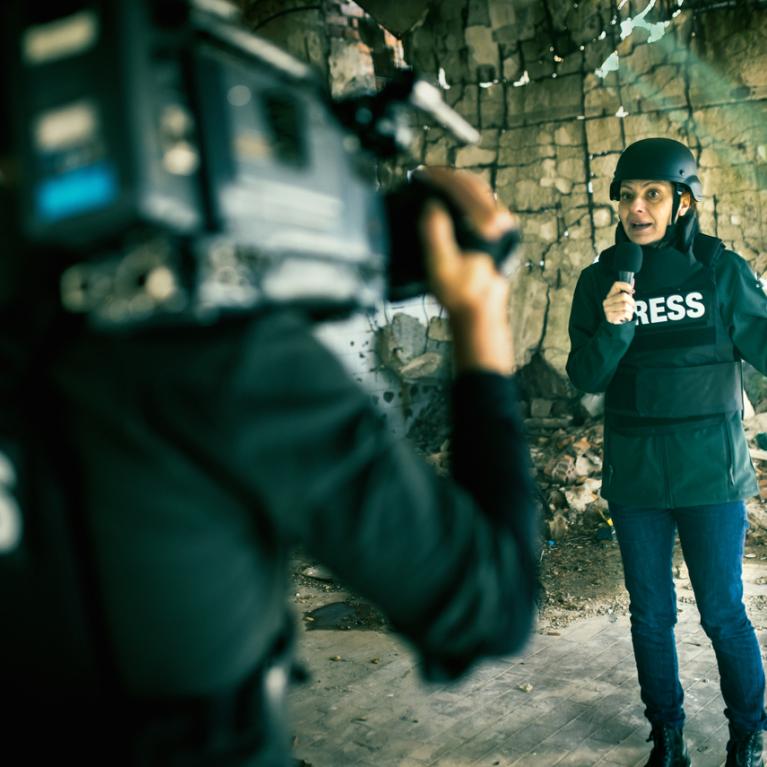
"It's become more dangerous to be a journalist"
Foreign correspondents have traditionally been seen as a "macho club" with few female members. Today, there are more women, but the profession has also become more risky.
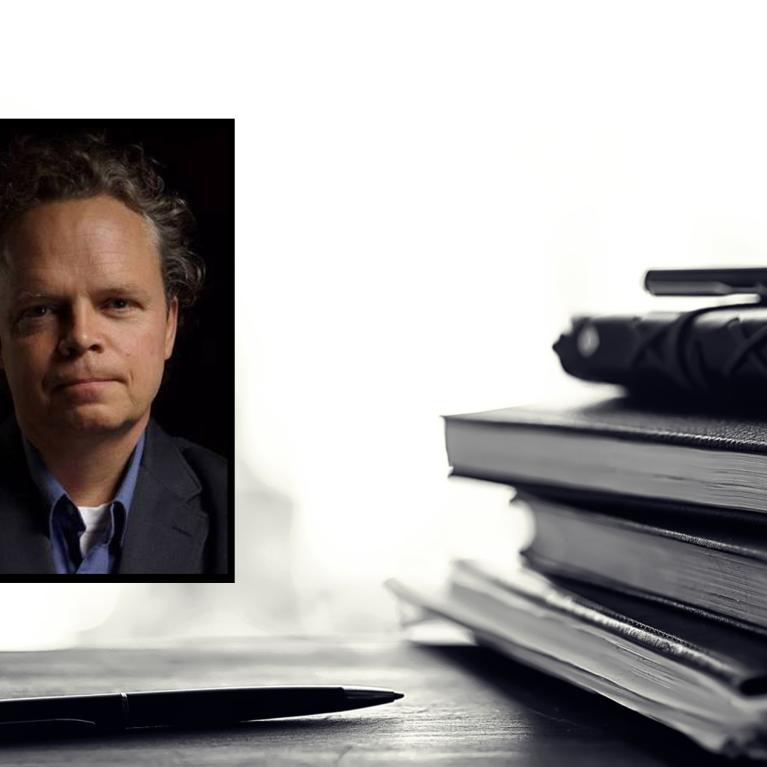
Fascism and Masculine Ideals – Thoughts on the Russian War in Ukraine
It may be fitting to observe the war in Ukraine through the lens of gender equality, according to Erik Melander.
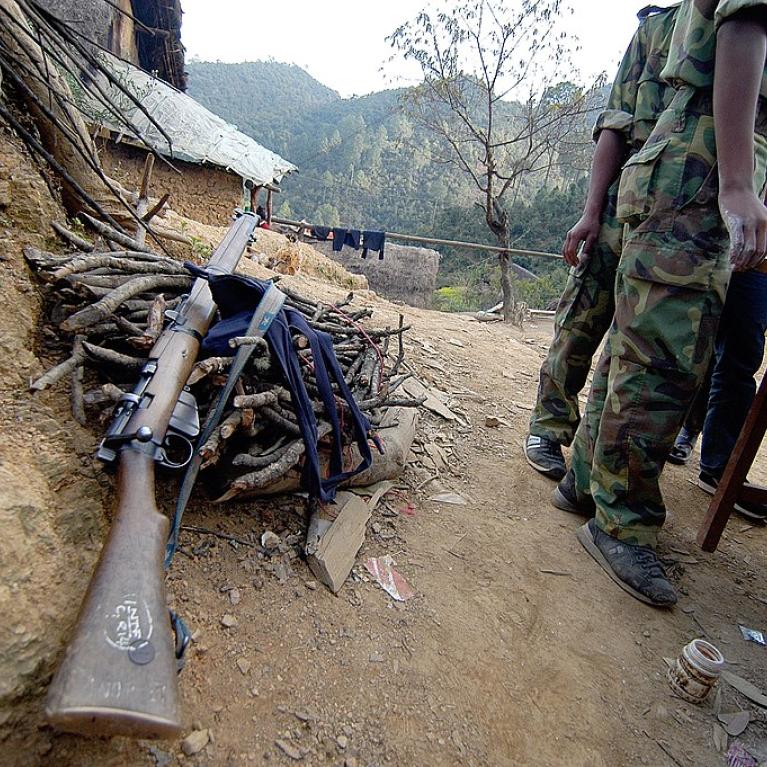
Female soldiers experienced more gender equality during wartime than in peace
“My studies from Colombia and Nepal show that many minors enlisted voluntarily and that their quality of life even improved as guerrilla soldiers,” says Wenche Iren Hauge.
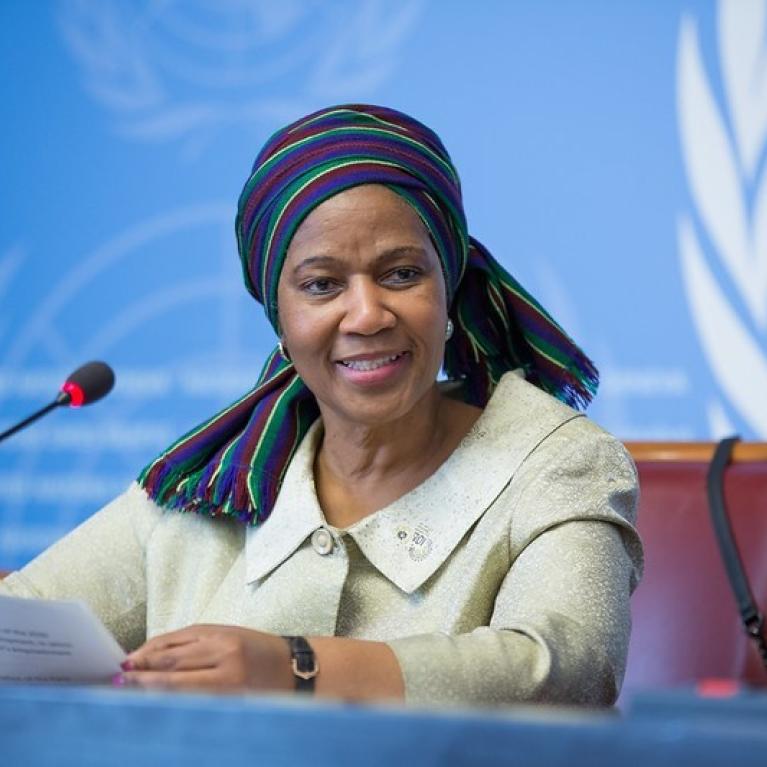
Efforts to promote peace can make women more vulnerable
In recent years, gender has become an important factor in the international work against extremism. But some researchers fear that when women become part of the first line defence against radicalisation, they also become more vulnerable.
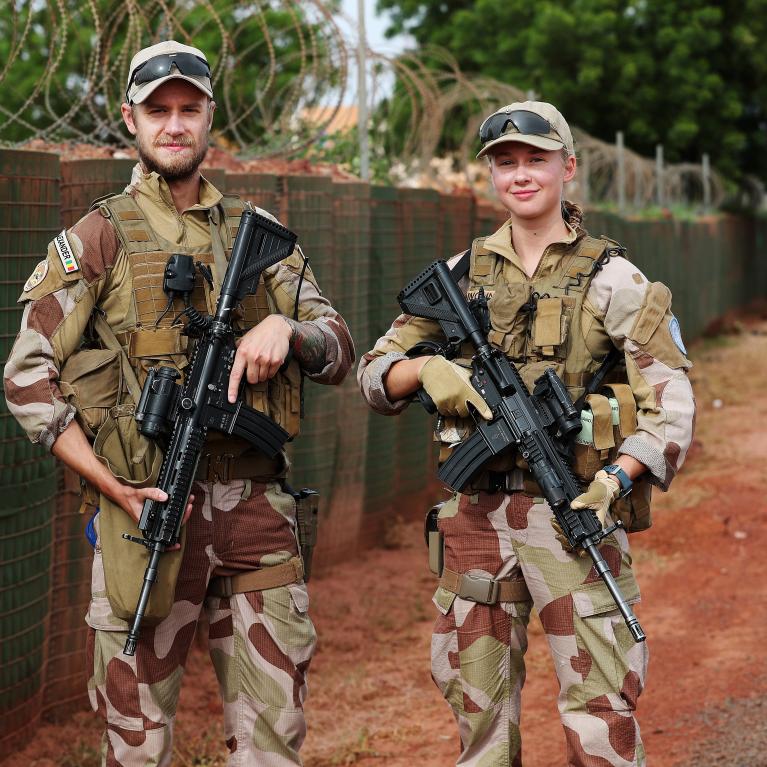
Gender issues are ridiculed and sabotaged in the military
The masculine culture in the Norwegian Armed Forces is a democratic problem. This makes it difficult to work with issues related to gender, according to researcher.
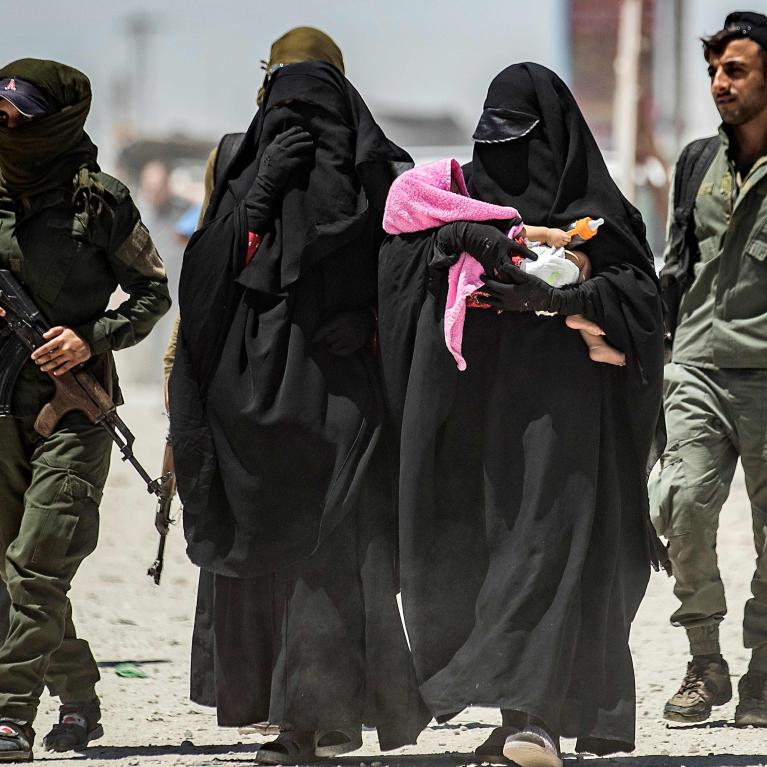
Our image of ISIS women is incomplete
The ideological conviction was often deeper among the women who joined the ISIS than among the men who did the same, according to researchers.
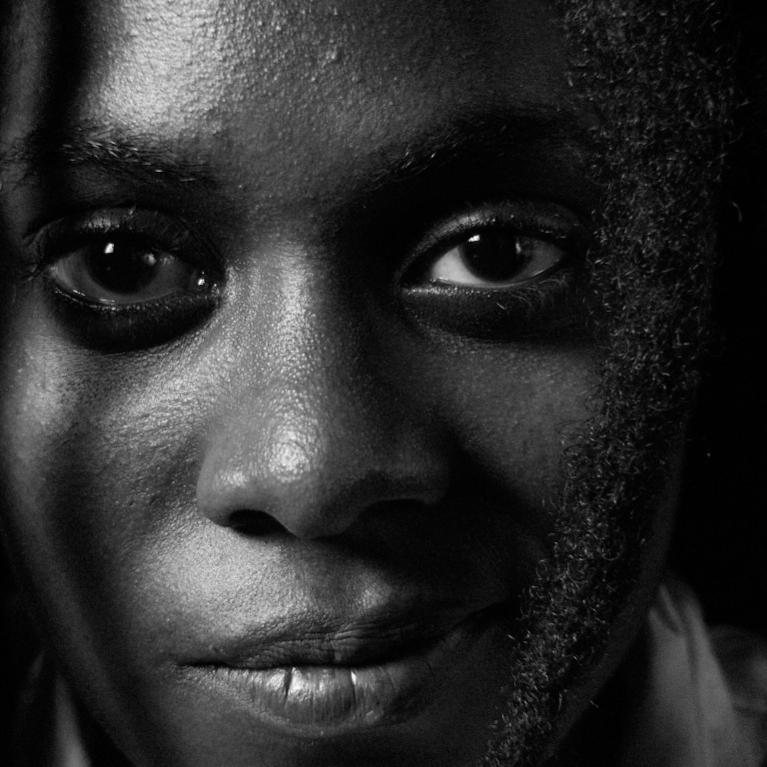
Returned girl soldiers in Congo are stigmatised
Congolese girl soldiers are labelled violent and sexual, also by international media and aid organisations. This hampers the girls’ reintegration, according to researcher Milfrid Tonheim.
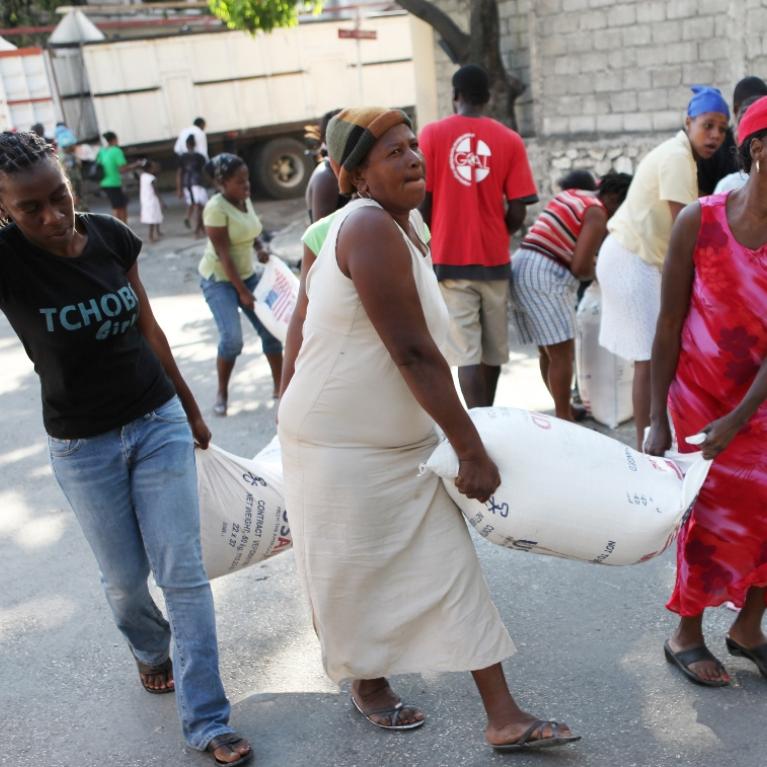
A warning against desirable facts about women in peace and conflict
Oversimplified perceptions of gender roles in war and conflict reproduce gender stereotypes and existing inequalities, according to researcher Maria Eriksson Baaz.
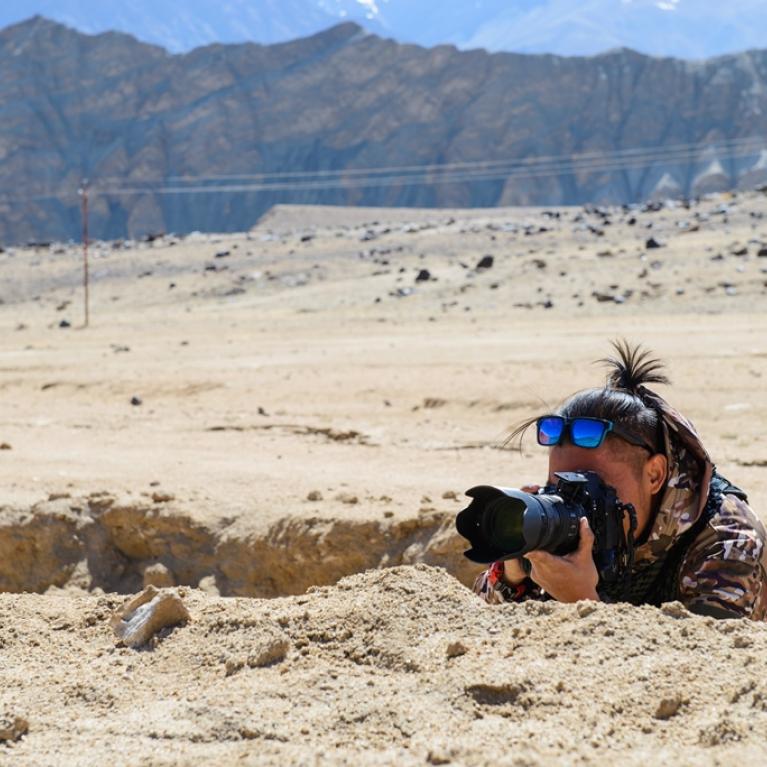
Gender matters in war reporting
Being a journalist in war zones and armed conflicts is becoming increasingly dangerous. Most of the journalists killed in the field are men, but the concern is about the security of their female colleagues.
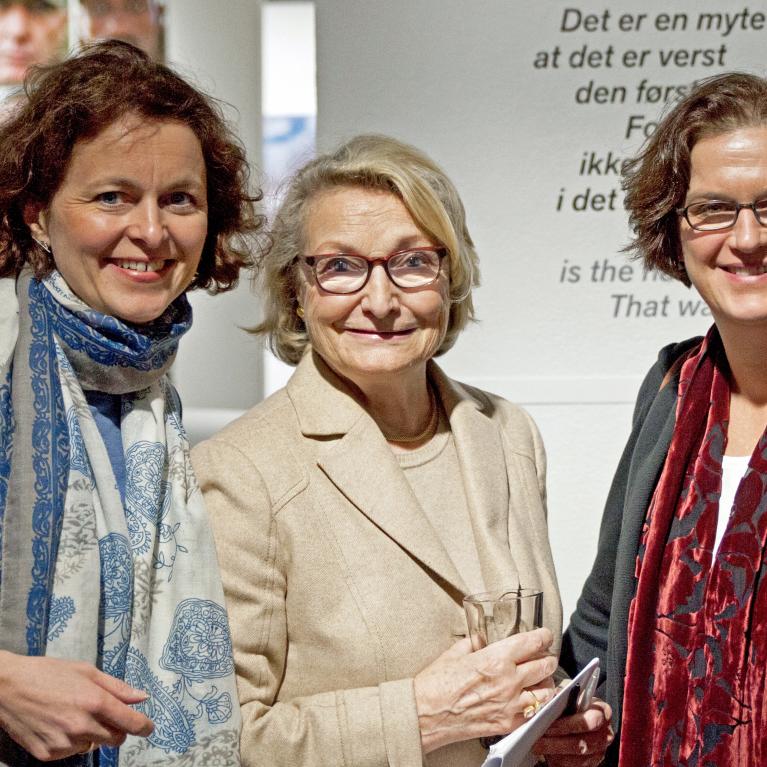
Open the door and let gender in
How can gender perspectives be coaxed into a world of male researchers? The gender group at the Peace Research Institute Oslo (PRIO) did it by knocking on doors and demanding new ways of thinking.
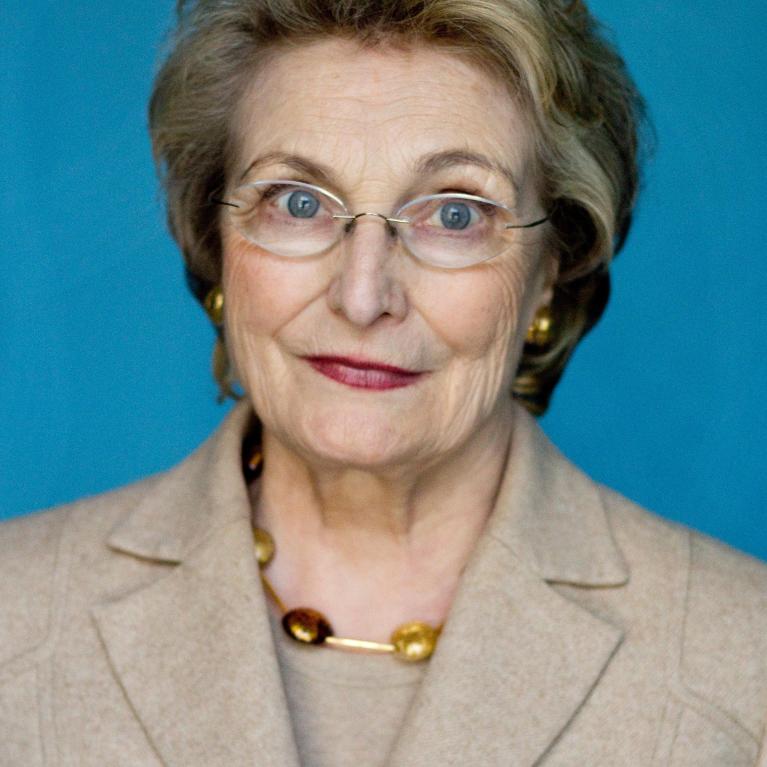
Helga Hernes - The mother of state feminism and gender quotas
State feminism. Gender quotas. Women’s research. Nobody can say that political scientist and gender equality strategist Helga Hernes (77) hasn’t left any traces behind.
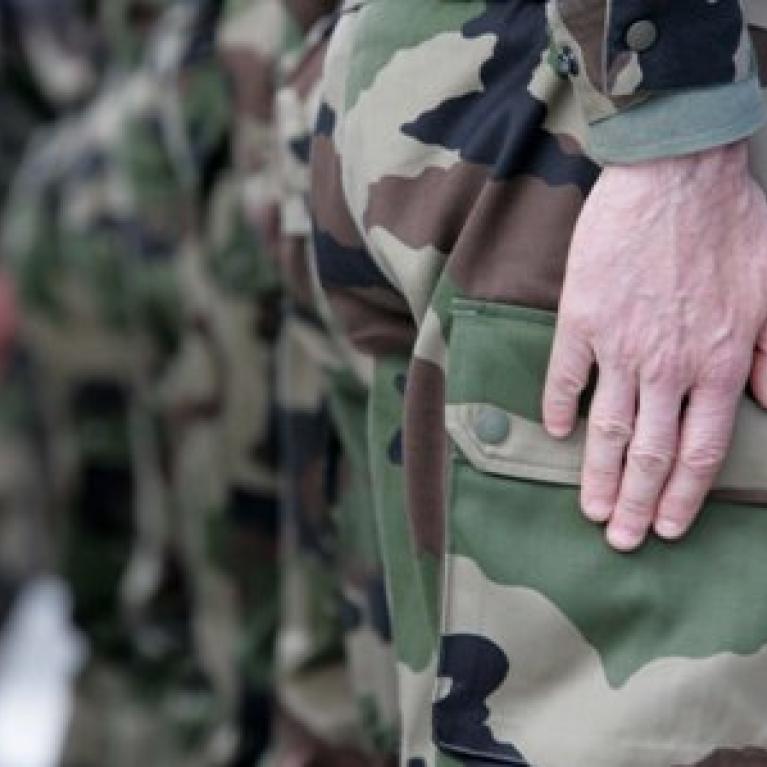
Using the body as a weapon
Rape camps, sexual torture and gang rape. In times of war some men become brutal assailants. Many people have asked why this is so. Psychologist Inger Skjelsbæk wants to ask the perpetrators themselves.
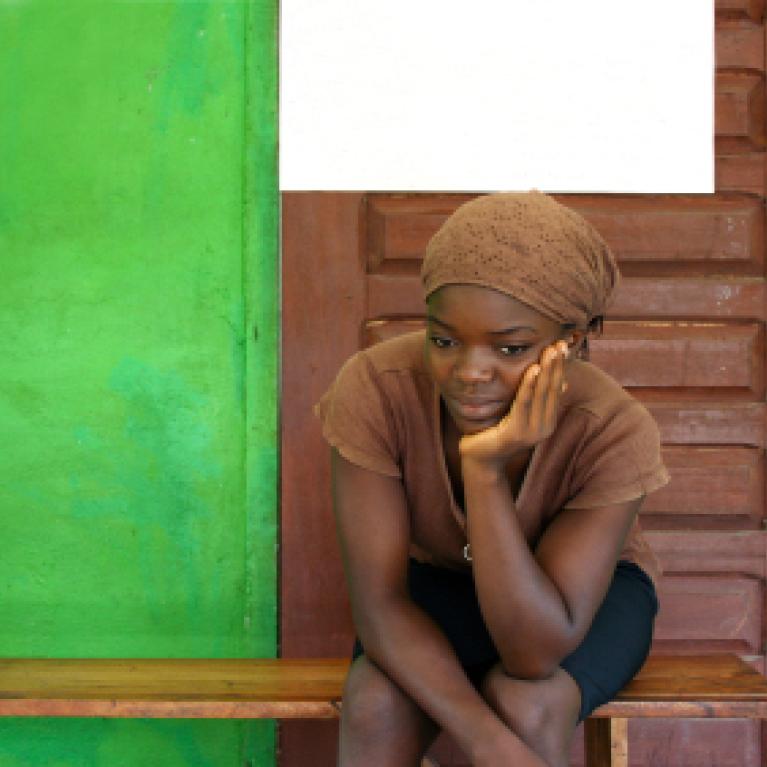
UN resolution 1325 ten years on
Ten years after UN Security Council Resolution 1325 on women, peace and security was adopted by the UN Security Council, the issue of the role of women in war and conflict has achieved a prominent place on the international agenda. Researcher Torunn Tryggestad is concerned that the intense focus on sexual violence weakens the implementation of other crucial aspects of the resolution.
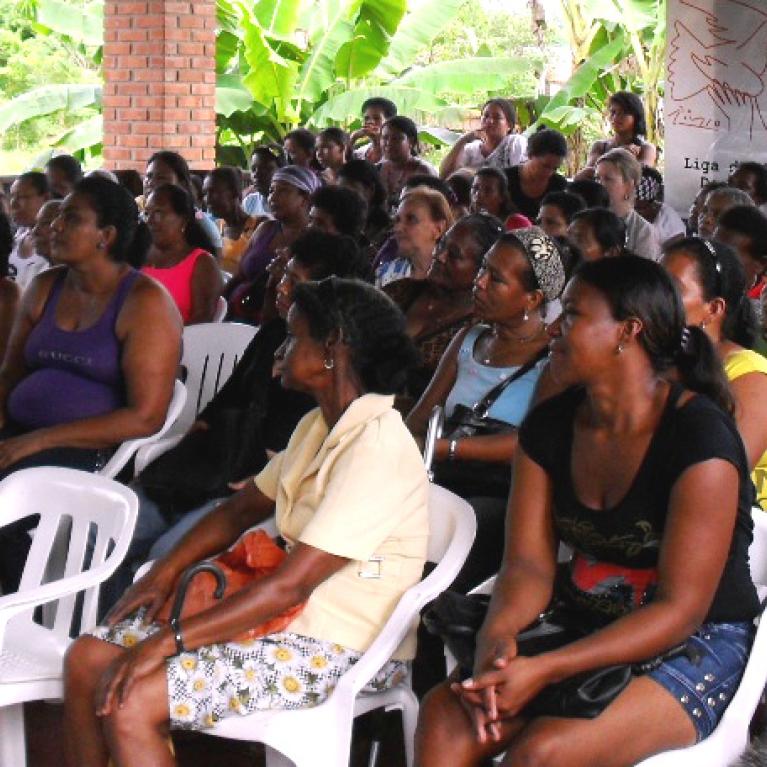
The price of justice
Internally displaced women in Colombia are organizing themselves to secure their rights to housing, education and health care. But along with this come threats, violence and dissatisfied husbands. Is it worth it?
Publikasjoner
Forfatter(e):
Westendorf,Jasmine-Kim and Kathleen M Jennings
Publisert:
Forfatter(e):
Bæk, Sindre og Inger Skjelsbæk
Publisert:
News Magazine
Our news magazine is an independent online newspaper and a member of the Norwegian Specialised Press Association Fagpressen.